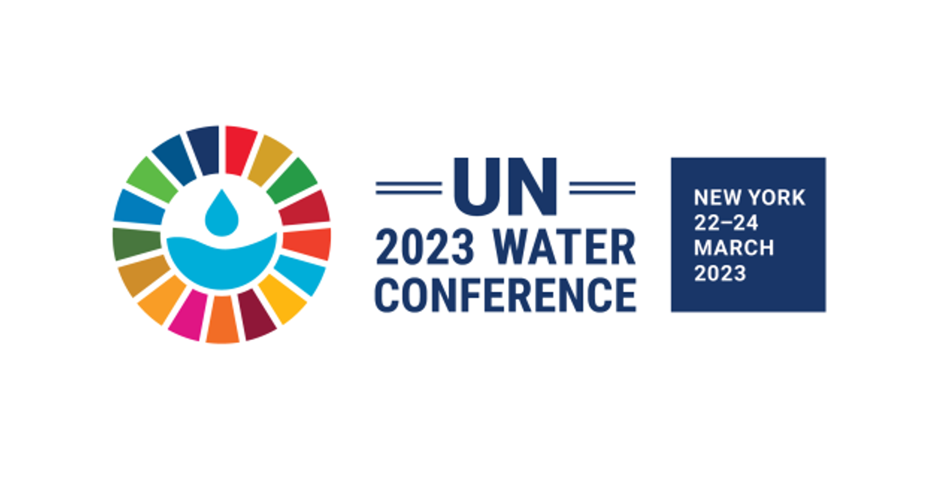Free Courses Sale ends Soon, Get It Now


Free Courses Sale ends Soon, Get It Now



Disclaimer: Copyright infringement not intended.
Context
Details
About ‘Water for Sustainable Development 2018 – 2028’ Report
Background of the water conference
Key commitments
Challenges
About UN-Water
Outcomes
Governance
Background
|
PRACTICE QUESTION Q) UN-Water is a coordination mechanism whose role is to ensure that Members ‘deliver as one’ in response to water-related challenges. Discuss. (250 words) |
https://epaper.thehindu.com/ccidist-ws/th/th_delhi/issues/31319/OPS/GOPB2RUSI.1+GKVB2SAES.1.html
© 2024 iasgyan. All right reserved